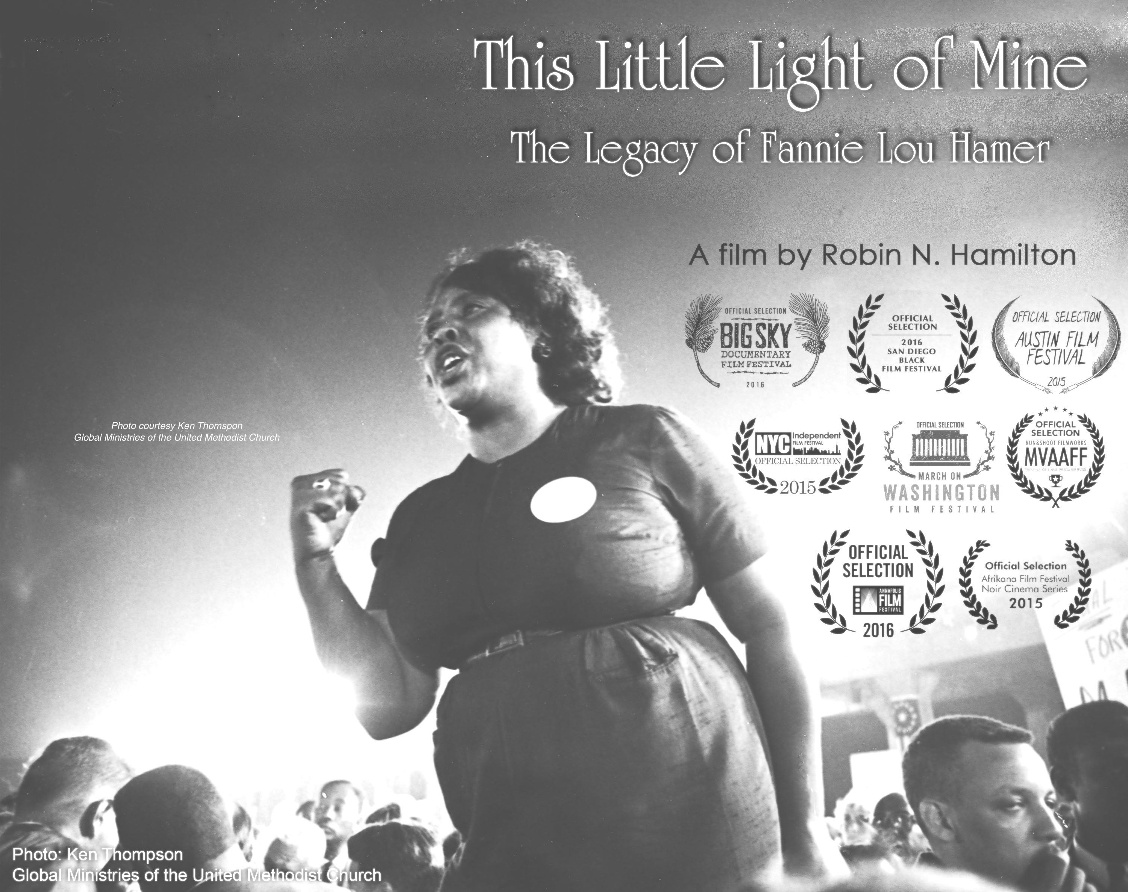Niagara Movement (1905-1909)
W.E.B. Du Bois led the Niagara Movement, a group of Black intellectuals who advocated for complete political, civil, and social rights for African Americans. This

W.E.B. Du Bois led the Niagara Movement, a group of Black intellectuals who advocated for complete political, civil, and social rights for African Americans. This
On August 21, 1831, Nathanial “Nat” Turner (1800-1831) who was an enslaved man, led his people’s rebellion. A new wave of harsh legislation was triggered,
Harriet Tubman was born on March 1822 in Araminta Rose. She was a political activist and abolitionist based in the United States. Harriet Green and
The Mary Church Terrell House is a renowned house at 326 T Street NW in Washington, D.C. The birthplace of noted civil rights pioneer Mary
“Let’s all sit together, as human beings should.” Greensboro citizens The Greensboro Sit-ins were a series of nonviolent protests against racial segregation, beginning on February
Freedom Summer, also known as the Mississippi Summer Project, was a voter registration drive held in 1964, where civil rights activists used peaceful means to
The civil rights movement of the 1950s and 1960s was crucial in bringing attention to the issue of racial inequality in housing. The struggles of
Background and Context The Great Migration was primarily driven by push and pull factors. Racial violence, systematic racism, and economic hardship were push forces in
Mary Church was one of the first Black women in the United States to receive a college degree, graduated from Oberlin College with a Bachelor’s
In the United States, slavery has been the official institution of human chattel enslavement, since its establishment in 1776 until the Thirteenth Amendment was ratified
Sign up if you would like to receive our newsletter
© 2009 – 2025 ARound Robin Production Company.